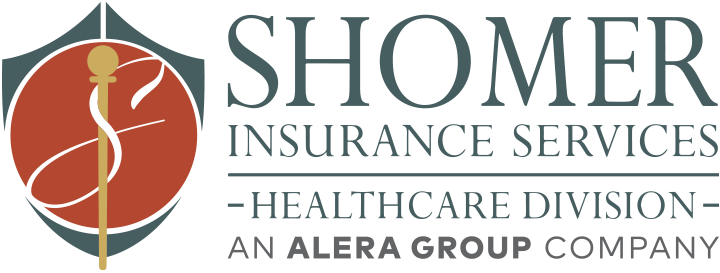Alera Group Releases 2025 Mental Health Awareness Toolkit to Support Employee Wellbeing and Connection
To mark the start of Mental Health Awareness Month, Alera Group, a top national insurance and financial services firm, has published its 2025 Mental Health Awareness Toolkit.
Read More
